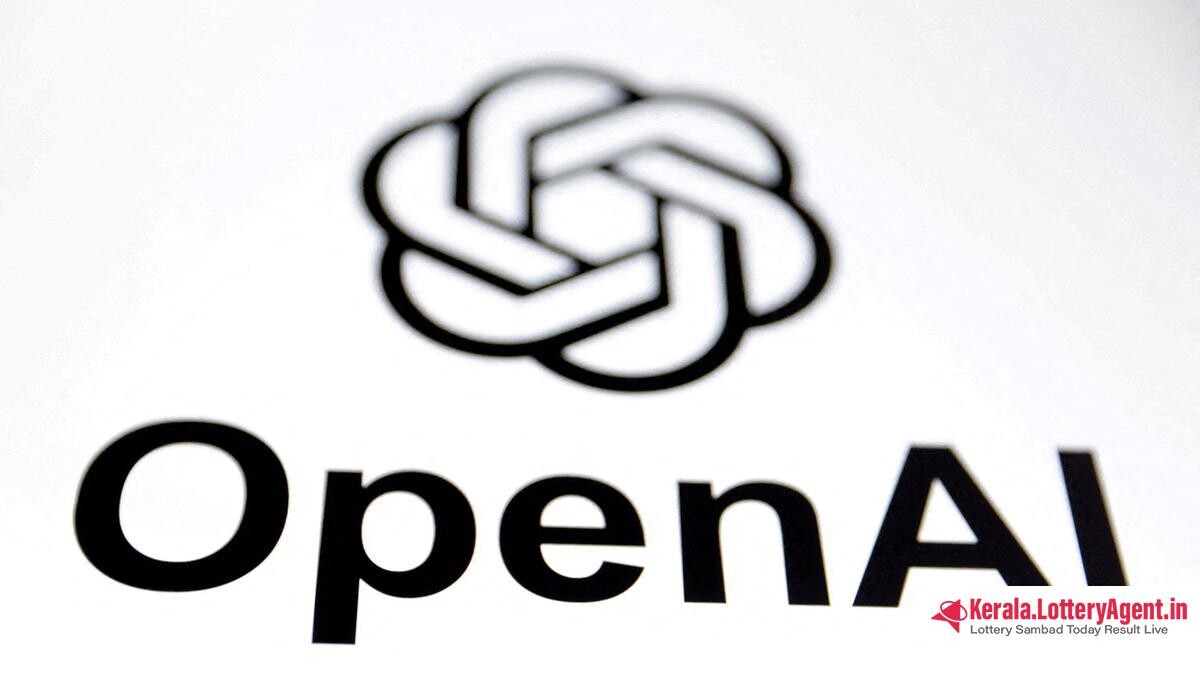
OpenAI, the artificial intelligence research laboratory known for its cutting-edge AI models, has fortified its global presence by enlisting Pragya Misra to join its ranks as the first official in India, Bloomberg reported on Friday, citing a source familiar with the matter. Though OpenAI has yet to issue an official statement, the report indicates that Misra will be assuming the role of head of government relations, with her tenure expected to commence in late April.
Pragya Misra, 39, brings to the table her extensive experience garnered from her past positions at Truecaller AB and Meta Platforms Inc. She steps into a role that seeks to establish a crucial bridge between OpenAI’s U.S. base and the Indian government, particularly at a time when India embarks on its 2024 general elections. The significance of Misra’s appointment echoes across technological and political domains as the country navigates the complexities of electioneering in the digital age.
In the recent congregation of Indian tech policy analysts and civil society representatives held on February 12, concerns were elevated regarding the potential misuse of generative AI technologies to disrupt or influence the electoral process. OpenAI acknowledged these legitimate worries, assuring that preventive measures have been implemented to safeguard against such contingencies. This assurance comes amidst ongoing enhancements to its renowned language model, ChatGPT, as well as its text-to-image generator, DALL-E.
2023 has been a hallmark year for OpenAI as it premiered both its text-to-video generator, dubbed Sora, and Voice Engine, a model capable of cloning text-to-audio. However, these innovations are still in their nascent stages, released on a trial basis and not yet widely accessible to the public.
Sam Altman, the celebrated chief executive of OpenAI, has also been at the forefront of discussions regarding AI regulation, notably engaging with Indian Prime Minister Narendra Modi on the topic in June 2023. This interaction is emblematic of the increasing recognition of AI’s potential impact on governance and societal norms, a theme that is gaining momentum in regulatory conversations around the world.
Earlier in the year, Google faced the ire of the Indian government after their chatbot, Gemini, was embroiled in a controversy following its response to an inquiry relating to Modi and the sensitive subject of fascism. The incident spotlighted the intricate challenges tech companies face in managing AI-powered platforms and their interactions with users, especially in politically charged contexts.
OpenAI’s move to bolster its presence in India with the recruitment of Ms. Misra is seen as a strategic step towards fostering a constructive and compliant environment for the deployment of AI technologies in a rapidly digitizing Indian society. As a Microsoft-backed entity, OpenAI holds a position of considerable influence and responsibility to mold the future of AI in alignment with ethical, legal, and societal structures.
Amidst the proliferating anxieties surrounding the deployment of AI during election periods, OpenAI’s proactive measures to install adequate security protocols are being closely scrutinized by industry experts and policymakers alike. The appointment of a dedicated official to manage government relations marks a proactive commitment to harmonize the company’s innovation trajectory with India’s regulatory landscape.
With the eyes of the world turned toward the growth of AI and its implications, OpenAI’s latest expansion into the Indian market signifies a pivotal moment for international tech policy and the ongoing dialogue between artificial intelligence entities and government bodies. As Pragya Misra steps into her new role later this month, her work is expected to set precedents and possibly emerge as a blueprint for AI governance and collaboration on a global scale.












